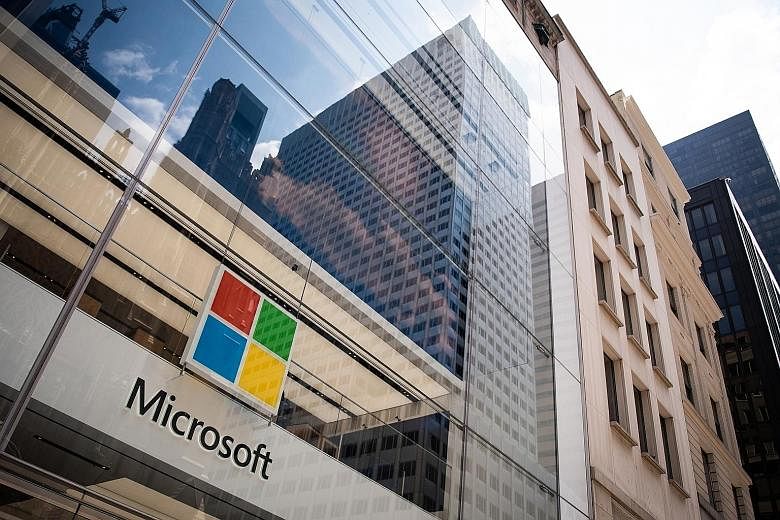NEW YORK • Hackers linked to Russia's government tried to target the websites of two right-wing US think-tanks, suggesting they were broadening their attacks in the build-up to November's elections, Microsoft said.
The software giant said it had thwarted the attempts last week by taking control of sites that hackers had designed to mimic the pages of The International Republican Institute and The Hudson Institute. Users were redirected to fake pages where they were asked to enter usernames and passwords.
"We're concerned that these and other attempts pose security threats to a broadening array of groups connected with both American political parties in the run-up to the 2018 elections," Microsoft president Brad Smith said in a blog post.
The International Republican Institute has a roster of high-profile Republican board members, including Senator John McCain of Arizona who has criticised US President Donald Trump's interactions with Russia, and Moscow's rights record.
The Hudson Institute, another conservative group, has hosted discussions on topics including cybersecurity, Microsoft said. It has also examined the rise of kleptocracy, especially in Russia, and has been critical of the Russian government, the New York Times reported.
The report comes amid increasing cyber tensions between Moscow and Washington ahead of the congressional votes in November.
A federal grand jury in the US indicted 12 Russian intelligence officers earlier last month on charges of hacking the computer networks of 2016 Democratic presidential candidate Hillary Clinton and the Democratic Party.
US special counsel Robert Mueller is investigating Russia's role in the 2016 presidential election and whether Mr Donald Trump's campaign team colluded with Russians during the vote. President Trump has denied any collusion while the Kremlin has regularly dismissed allegations that it has used hackers to influence US elections.
The Kremlin, meanwhile, has rejected the Microsoft allegations and said there was no evidence to support them. "We don't know what hackers they are talking about," Kremlin spokesman Dmitry Peskov told reporters.
Microsoft said its digital crimes unit had acted on a court order to take control of six Internet domains created by a group known variously as Strontium, Fancy Bear and APT28, which it said was associated with the Russian government.
"Taken together, this pattern mirrors the type of activity we saw prior to the 2016 election in the United States and the 2017 election in France," Mr Smith wrote.
Separately, Britain's foreign minister Jeremy Hunt yesterday called on the European Union to ensure its sanctions against Russia are "comprehensive" after a chemical weapons attack in the English city of Salisbury that was blamed on Russia. His Russian counterpart Sergei Lavrov accused Britain of trying to impose its hostile Russia policy on the EU.
REUTERS

